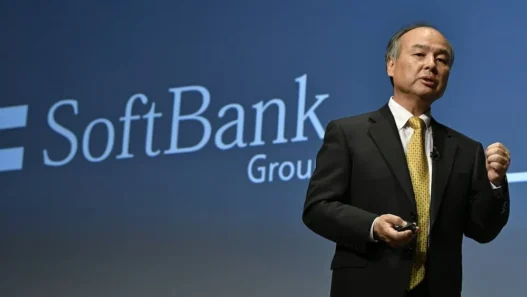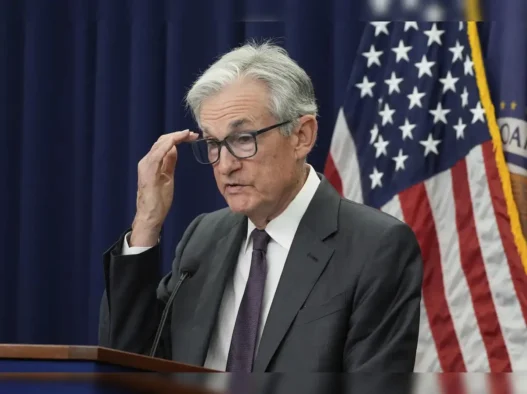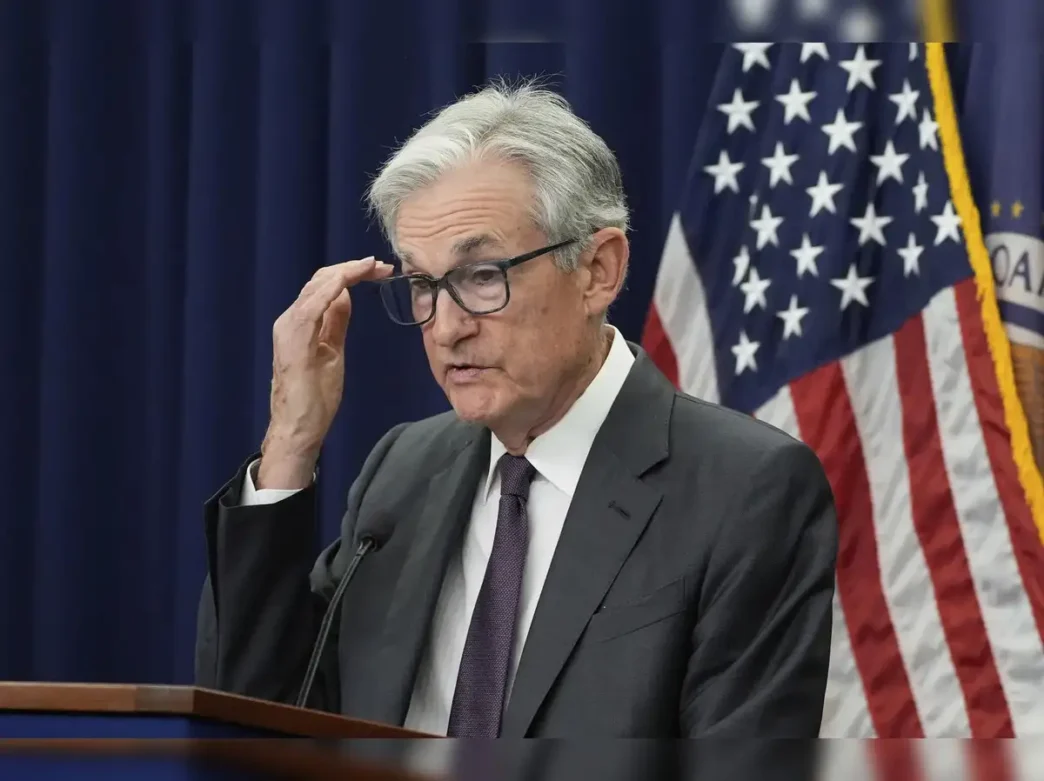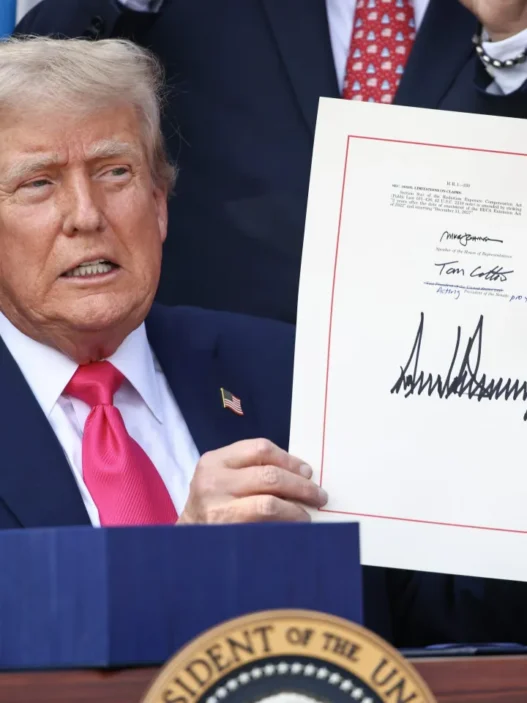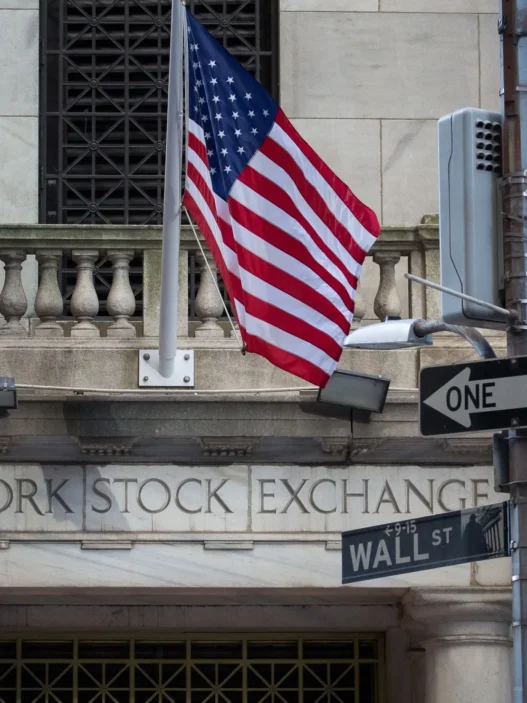Investors on Wall Street are sounding alarms after recent signals suggested that the Federal Reserve’s independence may be under pressure, triggering sharp reactions in both bond and stock markets. Concerns over political interference have reignited fears that monetary policy could become less predictable, undermining one of the central pillars of market stability.
Market Turbulence Reflects Growing Anxiety
On Thursday, the bond market flinched as yields surged, particularly on short- and medium-term Treasuries. Stocks also sold off across major indices, with technology and growth-oriented sectors leading the declines. Traders cited uncertainty over whether the Fed can continue to make decisions solely based on economic data, rather than political pressures from Congress or the administration.
“The reaction in the market is telling,” said one fixed-income strategist. “Investors are increasingly questioning whether the central bank can operate independently. That fear alone can ripple through both bonds and equities.”
Why Fed Independence Matters
The Federal Reserve’s independence has long been considered a cornerstone of U.S. economic stability. By making decisions based on inflation, employment, and economic growth rather than short-term political considerations, the Fed aims to maintain credibility, keep inflation expectations anchored, and foster long-term growth.
Historically, periods of perceived political interference have coincided with higher volatility, weaker confidence in monetary policy, and increased borrowing costs. Markets generally respond poorly when investors believe interest rates or asset purchases might be influenced by political agendas rather than objective economic analysis.
Recent Developments Raising Alarm
Several developments in recent weeks have triggered investor concern:
- Public Commentary – High-profile political figures have publicly criticized the Fed’s policy moves, questioning rate hikes or asset purchase decisions.
- Policy Pressure – There are reports that legislative proposals could grant Congress more influence over monetary policy or limit the Fed’s flexibility in setting interest rates.
- Market Interpretation – Traders see these signals as a potential shift away from the traditional arm’s-length relationship between the Fed and political institutions.
Wall Street interprets these signals as risky, especially given the current macroeconomic backdrop, which includes inflation above target, a slowing economy, and persistent labor market tightness. Any hint that the Fed’s policy decisions could be politicized may exacerbate market volatility.
Bond Market Reaction
Treasury yields, particularly on two- and five-year notes, jumped as traders reassessed the risk of monetary policy becoming less predictable. Rising yields increase borrowing costs for businesses and consumers, potentially slowing economic growth. Analysts note that bond investors are especially sensitive to the prospect of a Fed constrained by political considerations, as it undermines the central bank’s ability to combat inflation independently.
Stock Market Implications
Equities reacted sharply as well, with tech stocks, which are highly sensitive to interest rates, experiencing the steepest declines. Investors fear that if the Fed’s independence is eroded, it may struggle to maintain a consistent policy path, creating uncertainty about the future of economic growth and corporate earnings. Volatility indexes spiked, reflecting heightened nervousness among market participants.
Broader Economic Concerns
Economists warn that the loss of Fed independence could have long-term implications:
- Inflation Risk – Politically motivated interventions could lead to looser monetary policy even when inflation remains elevated.
- Credibility Loss – If markets doubt the Fed’s commitment to controlling inflation, long-term interest rates could rise, complicating borrowing and investment.
- Global Spillovers – U.S. monetary credibility impacts global financial markets; any perception of political interference could trigger capital flows, currency volatility, and global market instability.
Looking Ahead
Investors will closely monitor statements from Fed officials, congressional hearings, and policy developments to gauge whether the institution can maintain its independence. For now, markets are jittery, with bond yields and stock prices reflecting a cautious sentiment.
The episode underscores a simple truth: the perception of central bank independence is as crucial as the actual policy itself. Wall Street’s reaction is a stark reminder that credibility, once questioned, can ripple across the entire financial system, affecting borrowing costs, investment decisions, and the broader economy.






